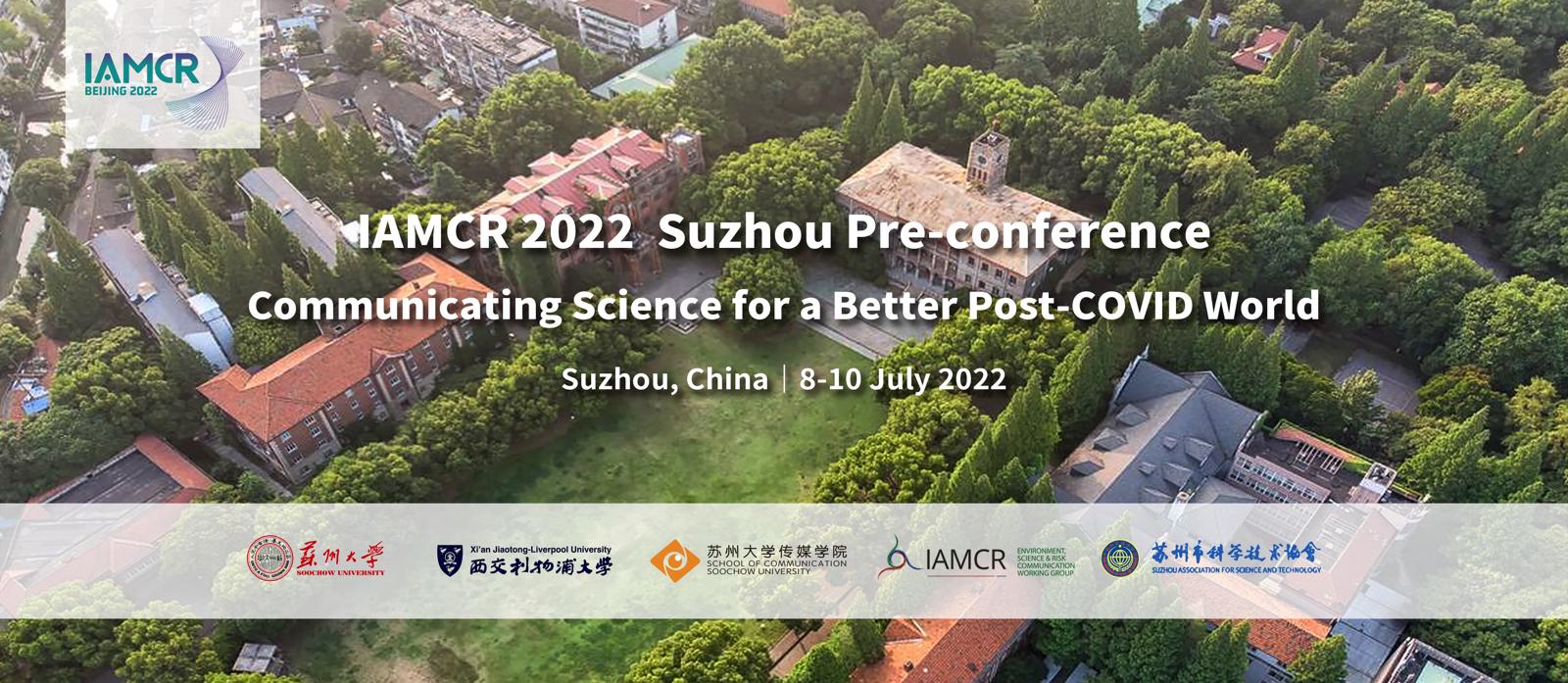In the context of risk society, social media has led to a reconstruction of communication relations in the risk amplification process, with the public acting as both risk interpreters and risk perceivers. Therefore, the interpretation of climate change and its governance issues by different stakeholders on social media platforms released different risk signals, which has become a key information source for public perception of climate transition. Under the perspective of Social Amplification of Risk Framing, the objective of this paper is to investigate what kind of risk signals were released by different types of respondents, and what kind of characteristics and social representations of climate transition risks are presented on social media platforms. After analyzing 97 questions and 1559 answers on the topic of "Carbon Peak Carbon Neutral" in the social Q&A community Zhihu by content analysis method, the results following: At macro level, the value demand for fairness of rule-making and reasonableness of responsibility distribution under international cooperative consensus has become the focus of public attention. At middle level and micro level, the way of government formulates and implements policies, and high-carbon enterprises to go through the transition period smoothly at the lowest cost, and individuals protect their rights and interests in crisis events become the focus of climate transition risks. In addition, the results showed following social representations: (1) Risk expressions mostly exist in logically missing and highly homogenized content, which leads the public risk perception shows a tendency of dichotomy; (2) the value risk of climate issues spillovers, showing the cognitive bias of politics generalization and the emotional expression of nationalism; (3) the social Q&A community concentrates multiple perspectives and alternative narratives, which helps to bridge the gap between the public risk imagination and the factual situation. It plays a role in dampening the social amplification of climate transition risks, providing the possibility for public autonomy on risks in online community.

 京公网安备 11010802039275号
京公网安备 11010802039275号